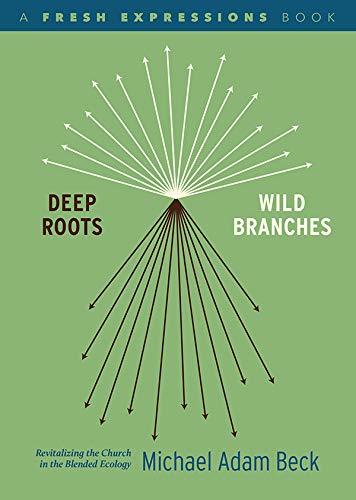What do you think?
Rate this book


What is the future of the church in North America? Churches are closing faster than new ones can be planted. Existing churches engaged in effective evangelism beyond the tired tactics of attractional approaches are increasingly rare. One of the major pitfalls of the past few decades is “either/or” thinking—either attractional or missional; traditional or contemporary; old or new. In Deep Roots, Wild Branches, missiologist and church planter Dr. Michael Beck contends we must cultivate what he calls a “blended ecology” of church that has both deep roots and wild branches. Beck introduces us to present-day models and examples that don’t leave traditional forms behind, but harness the power of “both/and.” It honors vintage models while blending fresh expressions of real evangelism.
124 pages, Kindle Edition
Published March 8, 2019